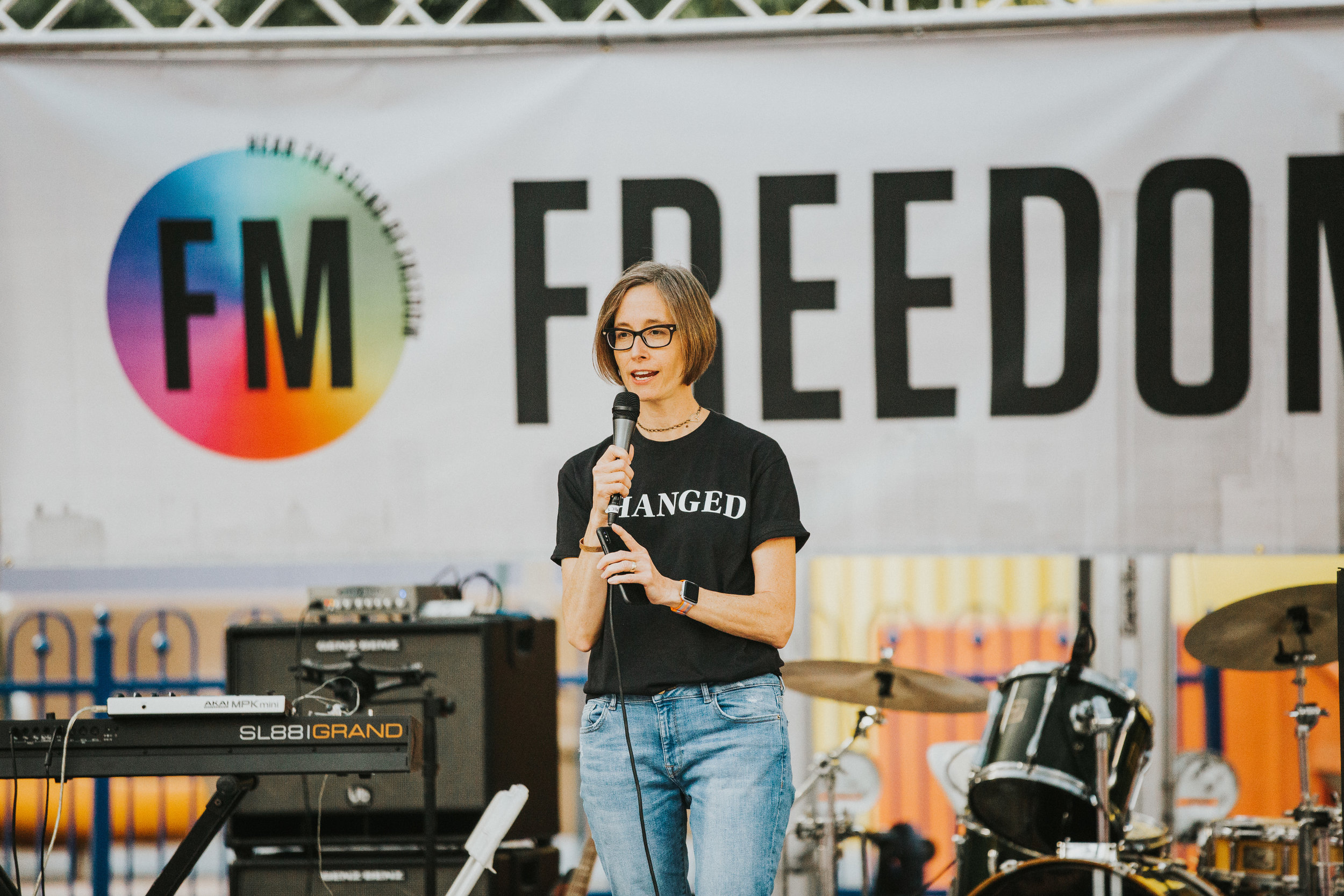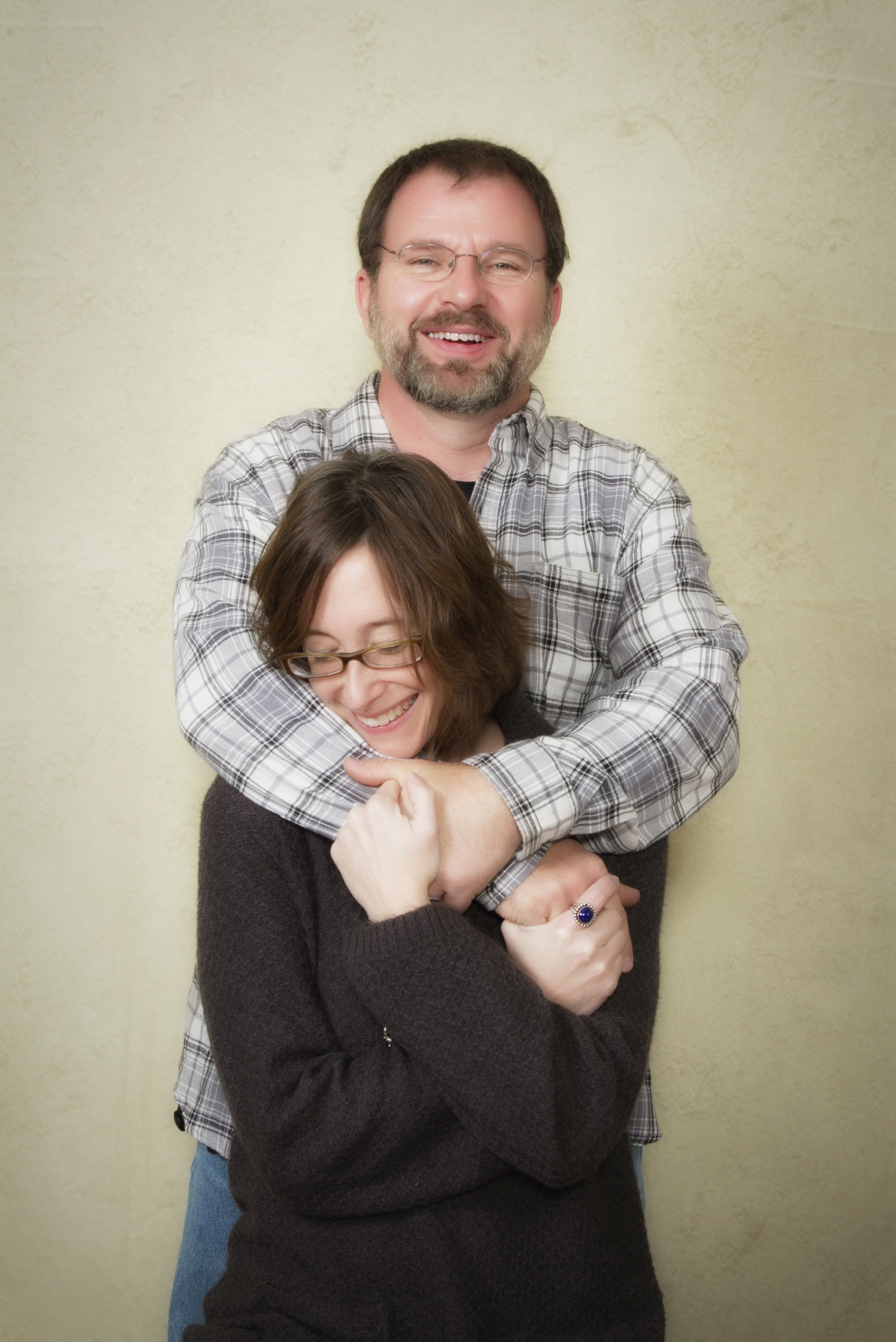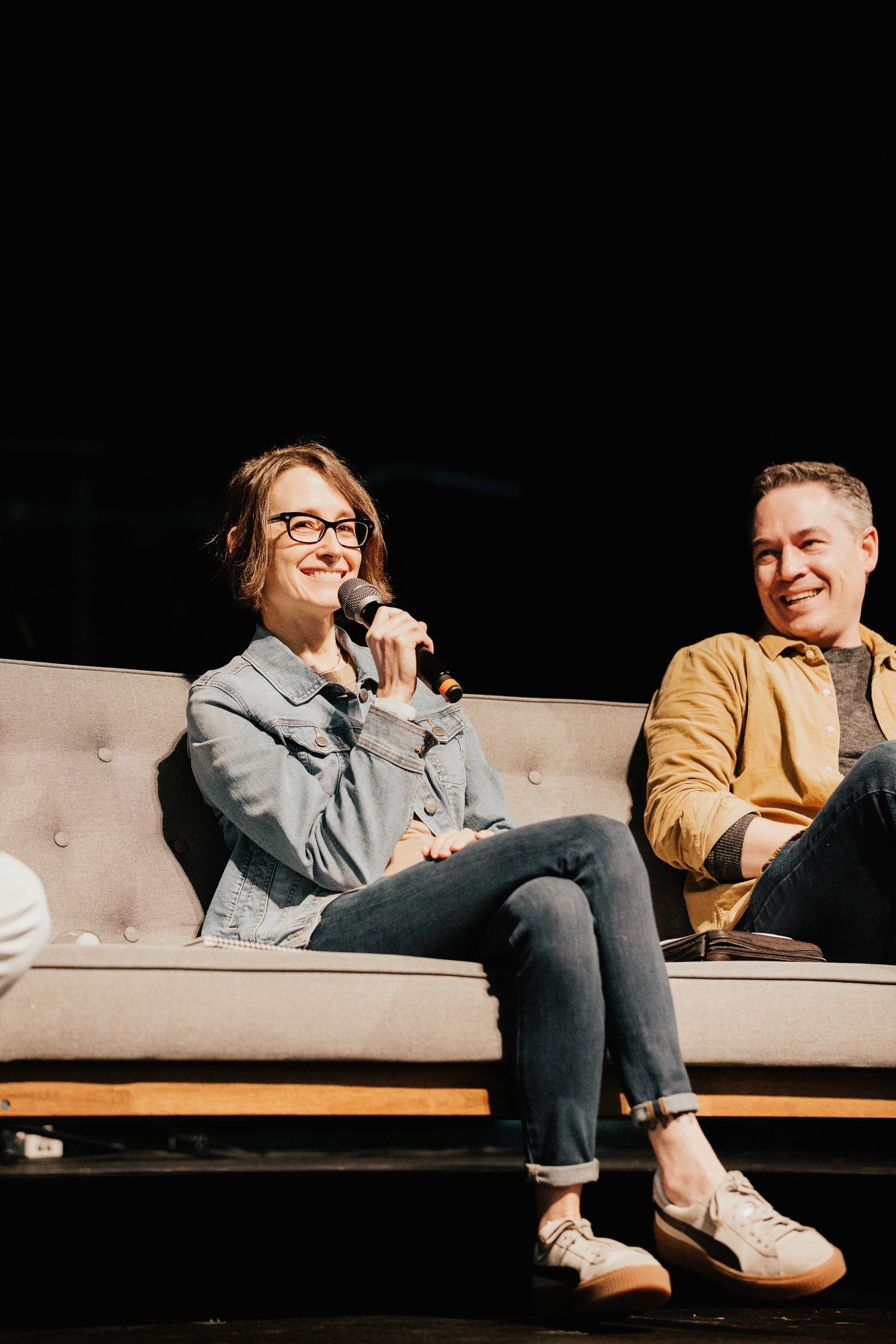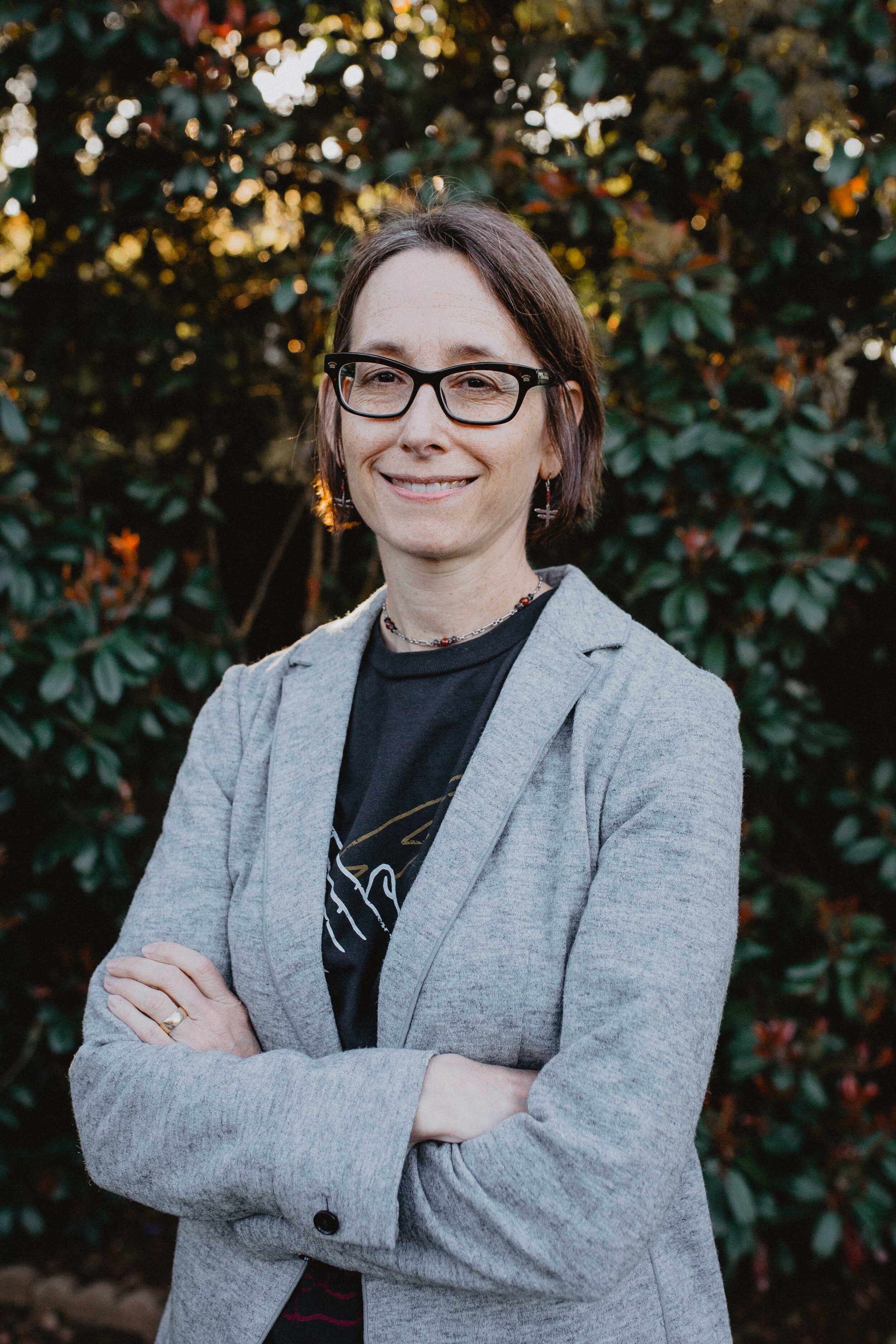ELIZABETH WONING
“Today I am fulfilled, joyful, and feminine—all things that I never was while living as a lesbian. I am no longer sexually attracted to women.”
Throughout most of my life I never belonged. I always felt excluded, and I questioned my sexuality and my gender. I hated the idea of being feminine because it was so foreign. I didn’t feel like a girl, but I also didn’t identify as a boy.
I made my first meaningful connection with another woman when I was in my mid-teens. We had such deep intimacy and love that our bond set a standard for my other relationships for several years. Though I occasionally dated men, and briefly in my early 20s was married to a man, I never developed fulfilling or lasting relationships with them.
I “came out” when I was in my early 20s after my brief marriage fell apart. I felt lesbianism explained my childhood and young adult experiences. I thought I was finally being authentic and true to myself. As a lesbian I felt powerful and asserted myself in stereotypically masculine ways. I adopted men’s attire and a crewcut.
During those years I found family and support as a lesbian living within the gay communities of large cities. I decided I wanted to attend seminary, and I did so as one of just a handful of openly gay students. After seminary I began working with youth, but questioned my faith.
In that season I re-evaluated what I believed about God, what I believed about the Bible, and what I believed about myself. Through that process I realized it was possible that some of my ideology had been wrong. I resolved to follow my faith sacrificially, which required reconsidering what I understood the Christian sexual ethic to be.
Up to that point, I believed I was born gay and that God had created me that way. As I further studied Christian doctrine, eventually I no longer believed I was born a lesbian. My experience of God’s love, the Christian community around me, and my desire to pursue a life of prayer had a dramatic influence on my life.
I came to terms with the impact misogyny had on my self-perception and pursued pastoral care and counseling that addressed childhood hurts and perceptions. Above all, I acknowledged I had rejected myself as a woman.
I did not specifically seek change in my sexuality; nevertheless, I began experiencing changes in my sexual desires. I became attracted to a man, which was one of the most unexpected and humiliating experiences of my life, since I had so fully identified as a lesbian. He and I got married and have had a strong marriage since 2005. Today I am fulfilled, joyful, and feminine—all things that I never was while living as a lesbian. I am no longer sexually attracted to women. Rather, I am a strong advocate for their empowerment to overcome the effects of injustices against them.
CHANGED Movement, Co-founder: changedmovement.com




